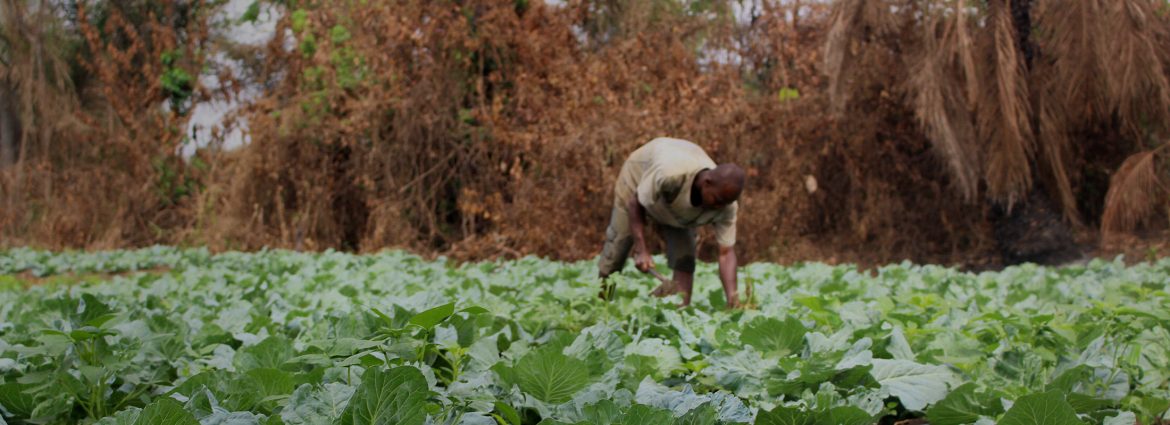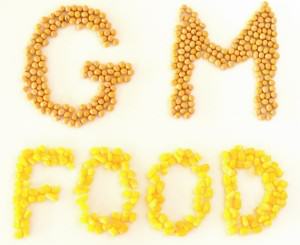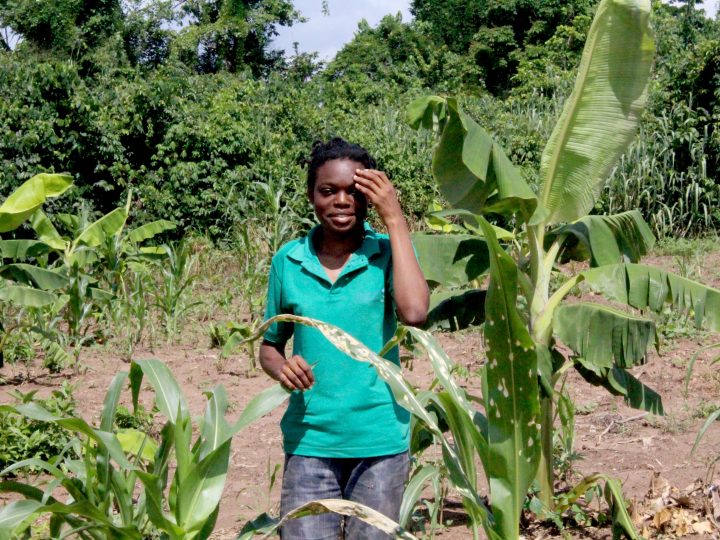
The Conundrum
Agriculture in Africa has in time past been considered as one of the major back bones of the continent. With over half of the working population engaged in subsistence farming, food supply should typically not be an issue of concern. But as atypical as most of the problems plaguing the continent, food scarcity is one of such issues that cannot seem to be explained easily.
The food security and deficiency issue in Africa is multi-faceted. From the limited capacity of subsistence agriculture to feed Africa’s teeming population, to the need for storage, processing and preservation facilities, to challenges of pest and disease control to the recent challenges of unpredictable weather events associated with climate change, agriculture in Africa seems plagued with a legion of challenges.
However, diverse policy interventions have been introduced and implemented to help address a number of these challenges. Irrespective of the increased public commitment to evidence-based policy in African agriculture, too often the nature of certain ‘problems’, and the imperative to quickly address them through policy interventions and programmes, lacks a nexus with evidence and understanding. In such circumstances, it is often trite to find policy advocates and policymakers relying heavily on ‘common knowledge’, and narratives to develop and argue policy alternatives. While this may be good politics, it is likely to result in futile policies and development outcomes, particularly when the problems being addressed are associated with complex phenomena such as poverty, livelihoods, agrarian transitions, social justice and sustainability.
Unfortunately, this is the position we find ourselves in today in relation to our agriculture. This is why we need to rethink our agriculture! From the traditional slash and burning on grassland which leaves the soil bare and unprotected, with its associated carbon emissions to issues of climate change, small holder agriculture with inefficient links to market, to inefficient policy, our agriculture needs a second look.
Burning 1 hectare of grassland results in more destructive effects than the combination of 6,000 cars. In Africa, we burn over 1 billion hectares of grassland annually. In Ghana, most farmers are used to the slash and burn method of land preparation; sometimes leading to the burning of farms especially in cocoa growing areas before the rains hits it peak.
A New Mind-set for Africa
Development cannot progress, nor be sustained, without adequate food supply. Food supply is often taken for granted in spite of the fact that more than half of the population of the world is hungry.
Nevertheless, African agriculture is by far the biggest opportunity in the world. AgroMindset is interested in this space from the perspectives of creating win-win ecosystems, addressing the issue of hunger and generating wealth that in turn enables a new middle class.
Additionally, agricultural development strategies and interventions need a refreshed perspective of how development, aid and charity can work by using African agriculture as an instrument of wealth creation through intensive commercial investment and not just as a means of promoting subsistence living and poverty alleviation.
The rethinking of Africa’s agriculture will not be a swift panacea for all the continent’s ails; it is by no means a silver bullet. But, it will be an effective tool in promoting the new Africa we strive for.
Just as in historical times, the discovery of agriculture, did not lastingly untie man from the dread of food deficiencies, hunger, and famine. In this fast paced world with its plethora of emerging challenges, we need to be a step ahead, we need to display a higher level of intellect. With the backing of our Gods and our science, we must not only surge our food supplies but also protect them against biological and physical tragedies to provide storerooms of reserve food for use in case of need.
We need to rethink our agriculture.
The path before us
Agriculture will always be a big deal; people will always eat. Farmers in developed nations who till larger acreages, have effective and efficient links to markets who are taking advantage of the linkage between production and consumption, farm-to-table where the opportunity and excitement is are seeing good results and have something to prove of their hard labour. This is the path that AgroMindset is intent on charting and has begun developing with passion.
Making our agriculture work will require creation of opportunities and linkages for education, policy, equity investment, commodities market, futures market, innovation, farmer friendly financial instruments, social and physical infrastructure, revolving lines of credit, venture capital, mechanisation, bulk storage, sound retail, improved business practices, communication, big data, and the list is infinite.
Ghana and Africa at large can dance to a new rhythm. Not because someone keeps trying to teach a new dance. But because one or two people dance to their own rhythm and eventually their music will be the beat that people dance to. Join us on this journey!
“The problems of the world of today cannot be solved by the level of thinking that created them” (Albert Einstein)




